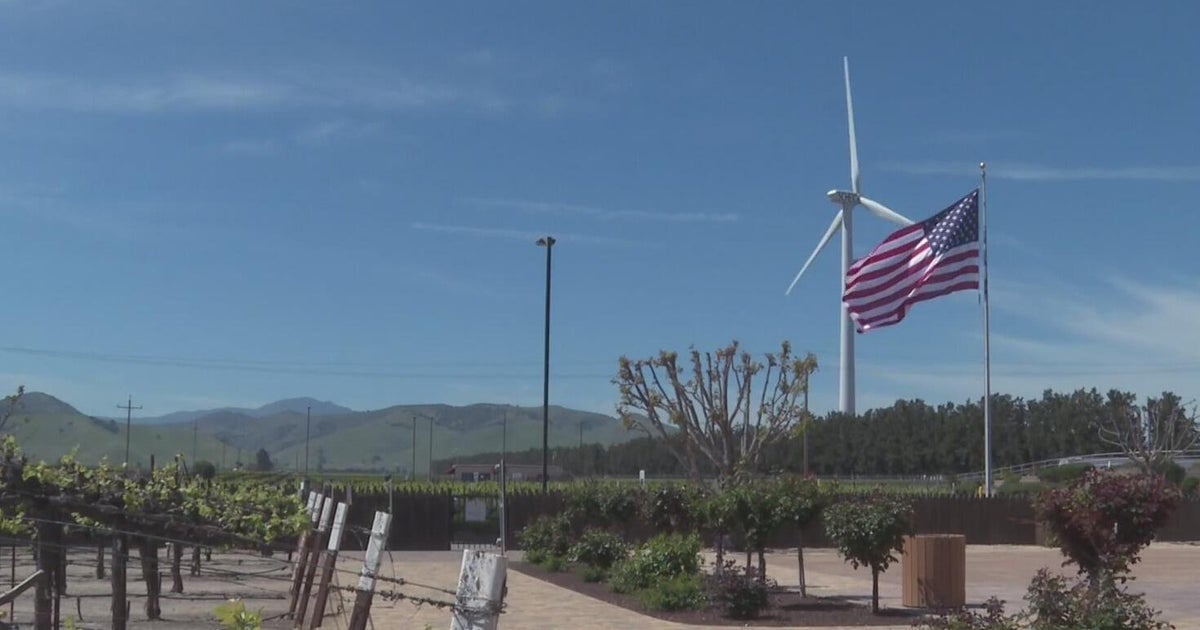NGO urges broader definition of sexual violence against minors
A non-governmental organisation, Project Alert on Violence Against Women, has stressed the need for a broader understanding of sexual violence against minors, beyond the narrow focus on rape.
The group made this call during the close-out meeting of its three-year initiative on sexual violence and young persons in academic institutions, held in Calabar.
Launched in 2022, the project was implemented in five schools each across Cross River and Akwa Ibom states, in collaboration with the Girls’ Power Initiative (GPI), and with support from the African Women’s Development Fund (AWDF).
Speaking at the event, Senior Programme Officer at Project Alert, Ms Nsini Udonta, said the initiative was developed in response to a 2012 survey that exposed disturbing data on child sexual abuse.
“That survey found that 77 per cent of sexual violence victims were children aged between zero and 17 years, with a significant number of these incidents occurring within school environments,” she stated.
Udonta explained that the project—called “Kasa”, a Hausa word meaning “speak out”—was designed to promote awareness among students through school clubs and educational activities.
Also speaking, Head of Programmes at GPI, Mrs Ndodeye Bassey-Obongha, reflected on the emotional toll of the project’s conclusion and raised concerns about its sustainability in Cross River State.
“Over the past two years, we’ve engaged young girls in ‘Kasa’ sessions to encourage them to speak out against sexual violence. But the real challenge lies in sustaining this momentum after the project ends,” she said.
She pointed out that although Cross River State has incorporated Sexuality Education—also known as Family Life and HIV Education—into its school curriculum since 2003, the impact has been limited by poor institutional memory and discontinuity.
“There is a need for incoming officials, commissioners, permanent secretaries, directors, to read the handover notes from their predecessors. Proper documentation and continuity are essential,” she advised.
Chief Consultant for the project in Cross River, Dr Gloria Bassey, revealed that the intervention covered two tertiary institutions and three secondary schools in the state. She noted that many students initially understood sexual violence only as rape, and were unaware of other forms of abuse.
“Students were unaware of proper reporting channels. Those who attempted to report incidents often confided only in friends, as they distrusted school counselors, principals, and even parents,” she said.
To address this gap, the project created “Kasa” clubs to educate students comprehensively on sexual violence and inform them about reporting mechanisms.
“Thanks to these clubs, we have seen significant progress. Students are now more vocal, cases are being reported and addressed, and there’s been a visible shift in behaviour,” Dr Bassey added. “We urge the state government and other partners to continue this important work.”
Also in attendance was the Head of the Gender Unit at the Cross River State Police Command, CSP Philomena Modor, who acknowledged the positive impact of the initiative on the handling of Gender-Based Violence (GBV) cases.
“Before now, we had challenges with managing GBV cases, but the support and collaboration from this project and stakeholders have made a big difference,” she said.
The meeting drew participants from the state Ministries of Education, Justice, Women Affairs, and Health, along with representatives from the Basic Rights Council Initiative and other advocacy groups.








